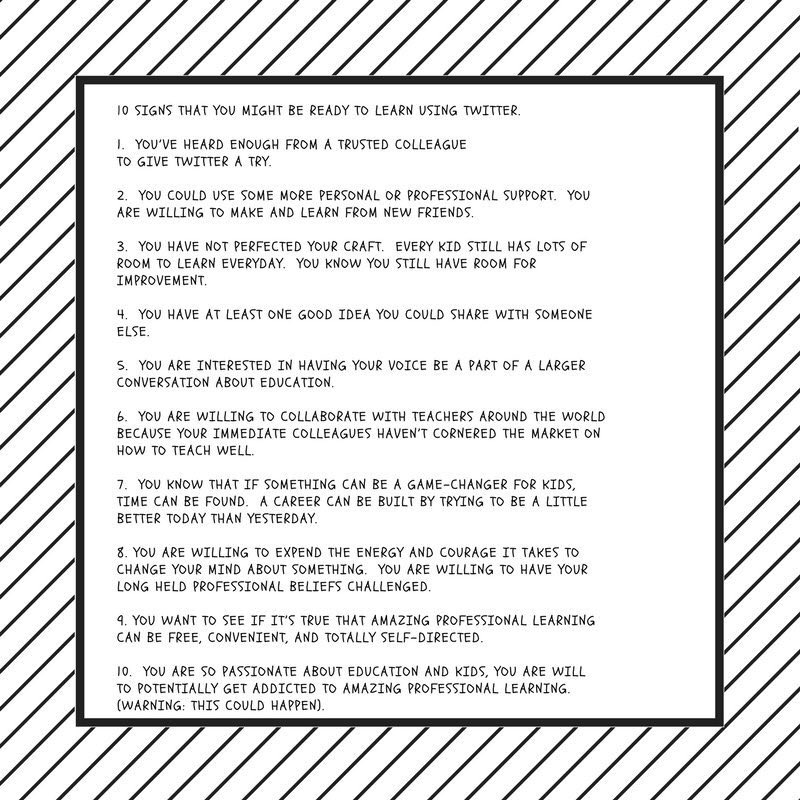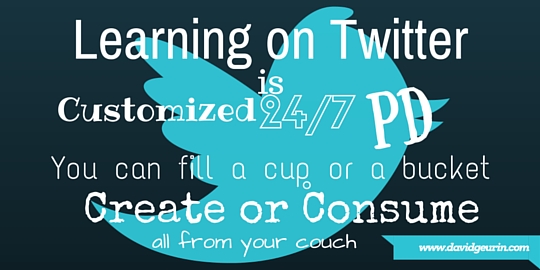A few months ago, I took a group of teachers to visit the Ron Clark Academy (RCA) in Atlanta. It was an amazing experience to see the school up close and learn along with educators from all across the country.
During the opening, Ron Clark shared that visiting the school is kind of like going to the grocery store. When you go, you don't take home everything that is on the shelves. You pick out the things you need, the things you like, or the things you want. But you have lots of options.
Everyone is not going to fill their shopping cart with the same items at the grocery store. Likewise, not everything that happens at RCA will work for every teacher, every classroom, or every school.
However, there are some amazing selections for you to consider. And if you are passionate, creative, and inspired, you will see all sorts of ways you can bring pieces of RCA to your work.
And if you've lost a little of your passion, creativity, or inspiration, you might just rekindle that too!
I think the same can be said for building a Personal Learning Network (PLN) and connecting on Twitter. Not every idea you encounter on Twitter will go in your shopping cart.
Some things might not work for you right now. You'll pass over those.
Some things might seem too big to fit in your cart right now. You can consider those again in the future.
You might only go shopping once a week at first. Later, you may want to stop in daily to see what's new.
That's what's great about it. It's completely up to you. And customized for you. With a little skill, you can get out of it what you need, whenever you need it.
Twitter is actually more like Amazon than your neighborhood grocery. Part of Amazon's mission is to be a place where "people can find and discover anything they might want to buy online."
Twitter is like that for educators. You can connect with people who are like-minded and get ideas and support for just about anything you want to accomplish as an educator.
And you can do it just about any time and any place that works for you.
It's a total game-changer.
Jeff Nelson adapted the following list from my satirical post about Twitter PD. I admit I had fun with the satire, but he put a positive spin on it. There are just so many reasons for educators to use this tool. It's such a great way to grow and learn.

Who else thinks Twitter is a game-changer? How has it impacted your work as an educator? I want to hear from you. Leave a comment below or respond on Facebook or Twitter.








